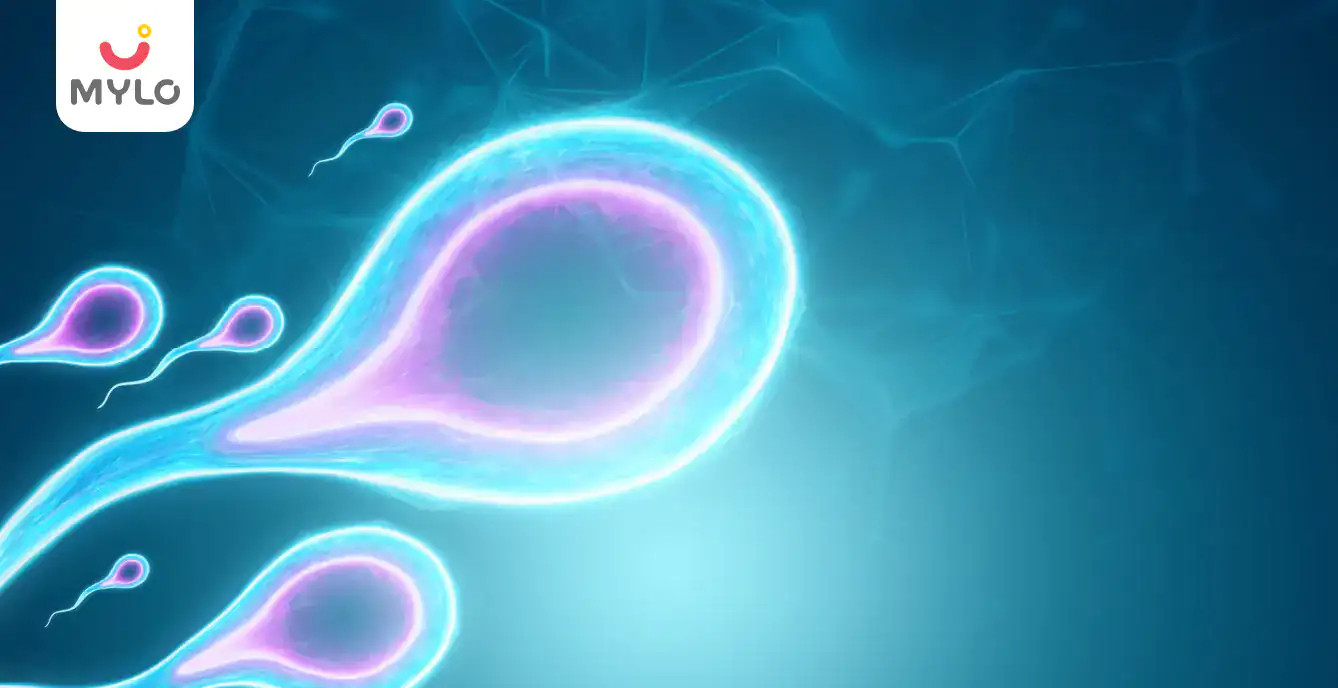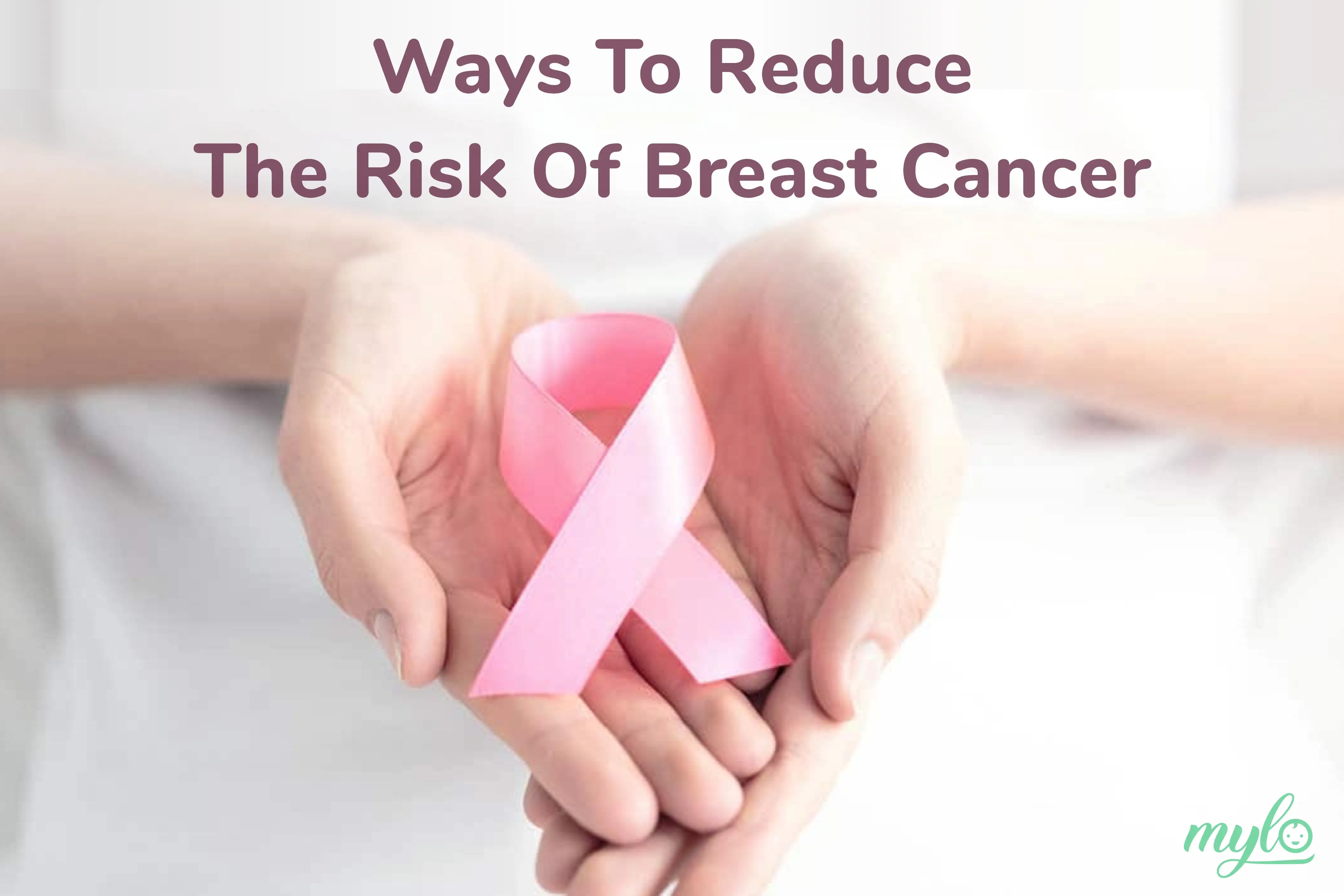Home

Wanna Become an Iron Woman? Learn Ways to Prevent and Treat Anemia During Pregnancy
In this Article

Pregnancy
Wanna Become an Iron Woman? Learn Ways to Prevent and Treat Anemia During Pregnancy
Updated on 4 April 2023



Medically Reviewed by
Dr. Vani Puri
Obstetrician- Gynecologist, Infertility Specialist - MBBS| DGO, DNB
View Profile

Iron is a vital nutrient that plays a crucial role in forming healthy red blood cells responsible for carrying oxygen throughout your body. During pregnancy, your body needs extra iron to support the increased blood volume and provide adequate oxygen to your growing baby.
By incorporating iron-rich foods such as leafy green vegetables, red meat, poultry, fish, beans, and fortified cereals in your diet and taking prenatal supplements as prescribed by your doctor, you can ensure that you have the right amount of iron to become an "iron woman" during pregnancy. With a healthy iron intake, you can feel more robust, more energized, and better equipped to handle the demands of pregnancy and childbirth.
What is Anemia and its effects on a Pregnant Woman?
Getting the right amount of iron during pregnancy can help prevent Anemia, a condition in which you have low levels of red blood cells or haemoglobin, which can lead to fatigue, weakness, and other health issues. Maintaining healthy iron levels can boost your energy levels, improve your immune system, and reduce your risk of complications during pregnancy, such as preterm delivery and low birth weight.
Symptoms of Anemia during pregnancy
The symptoms of Anemia during pregnancy can vary from mild to severe and may include the following:
-
Fatigue and weakness
Feeling tired or weak is a common symptom of Anemia, as your body is not getting enough oxygen to fuel your cells.
-
Pale skin
Anemia can cause a loss of colour in your skin, making it look pale or yellowish.
-
Shortness of breath
Your body needs oxygen to function correctly, and Anemia can make breathing difficult, especially during physical activity.
-
Rapid or irregular heartbeat
Anemia can cause your heart to work harder to supply oxygen to your body, leading to a faster or irregular heartbeat.
-
Headaches
Anemia can cause headaches or migraines due to a lack of oxygen in the brain.
-
Dizziness or fainting
Anemia can cause a drop in blood pressure, making you feel dizzy or faint.
-
Cold hands and feet
Anemia can cause a decrease in circulation, which can make your hands and feet feel cold.
-
Restless legs syndrome
Anemia can cause a sensation of crawling or tingling in the legs, making it difficult to fall asleep.
Also read: Prunes During Pregnancy: Benefits & Risks
Types of Anemia during pregnancy
Several types of Anemia can occur during pregnancy. Some of the most common types include:
1. Iron-deficiency Anemia
This is the most common type of Anemia during pregnancy. It occurs when your body doesn't have enough iron to produce haemoglobin, the protein in red blood cells that carries oxygen. Iron deficiency Anemia can cause fatigue, weakness, pale skin, and shortness of breath.
2. Folate-deficiency Anemia
Folate, also known as folic acid, is a B vitamin essential for producing red blood cells. Folate deficiency Anemia can occur when you don't get enough folate in your diet, or your body has trouble absorbing it. Symptoms include fatigue, weakness, irritability, and a sore tongue.
3. Vitamin B12 deficiency anaemia
Vitamin B12 is another essential nutrient necessary for producing red blood cells. Vitamin B12 deficiency anaemia can occur when you don't get enough of this vitamin in your diet or if your body has trouble absorbing it. Symptoms include fatigue, weakness, tingling or numbness in the hands and feet, and difficulty walking.
4. Hemolytic Anemia
It occurs when your body destroys red blood cells faster than it can produce them. Various factors, including certain medications, infections, or autoimmune disorders, can cause Hemolytic Anemia. Symptoms include fatigue, jaundice, and an enlarged spleen. It's important to talk to your healthcare provider if you experience any symptoms of Anemia during pregnancy, as untreated Anemia can increase your risk of complications during pregnancy and childbirth.
Management of Anemia during Pregnancy
The treatment of Anemia during pregnancy depends on the condition's underlying cause. In general, treatment may include the following:
1. Iron supplements
If you have iron-deficiency Anemia, your healthcare provider may recommend iron supplements to help boost your iron levels. Iron supplements are typically taken in the form of tablets or capsules.
2. Folic acid supplements
If you have folate-deficiency Anemia, your healthcare provider may recommend folic acid supplements to help boost your folate levels.
You may also like: Top 5 Supplements That You Need to Take During Pregnancy
3. Vitamin B12 injections or supplements
If you have vitamin B12 deficiency anaemia, your healthcare provider may recommend vitamin B12 injections or supplements to help boost your B12 levels.
4. Blood transfusions
In severe cases of Anemia, a blood transfusion may be necessary to replenish your red blood cells.
5. Dietary changes
Besides supplements, your healthcare provider may recommend dietary changes to help boost your iron, folate, or vitamin B12 levels. This may include eating more iron-rich foods like leafy green vegetables, red meat, poultry, fish, beans, and fortified cereals.
6. Treating the underlying cause
If your Anemia is caused by an underlying condition, such as an autoimmune disorder, your healthcare provider will also treat that condition to help improve your Anemia.
Indian Recipes that are excellent sources of IRON
Several Indian recipes are rich in iron. Here are some examples:
- Palak paneer: This is a popular North Indian dish made with spinach and paneer (Indian cottage cheese). Spinach is high in iron, and paneer is a good source of protein.
- Rajma (kidney beans) curry: Rajma is a kidney bean commonly used in Indian cuisine. Kidney beans are a good source of iron, and this curry is also usually made with tomatoes, which are high in vitamin C, helping with iron absorption.
- Chana masala: This is a popular North Indian dish made with chickpeas (chana). Chickpeas are a good source of iron and protein.
- Lentil soup: Lentils are a good source of iron, and lentil soup is a popular dish in many parts of India.
- Baingan bharta: This is a vegetarian dish made with roasted eggplant, a good iron source.
- Methi (fenugreek) paratha: Methi or fenugreek leaves are a good source of iron and are often used in Indian cooking. Methi paratha is a popular breakfast dish in many parts of India.
Iron is one of the crucial nutrients that are required during pregnancy to maintain health of baby and mother both. Expected mothers should not skip their supplements and must take them on time. Apart from supplements diet should also be rich in vital nutrients to meet the increasing demands during pregnancy.





Medically Reviewed by
Dr. Vani Puri
Obstetrician- Gynecologist, Infertility Specialist - MBBS| DGO, DNB
View Profile


Written by
Ravish Goyal
Official account of Mylo Editor
Read MoreGet baby's diet chart, and growth tips

Related Articles
Related Topics
RECENTLY PUBLISHED ARTICLES
our most recent articles

Language Skills
Top 8 Tips to Develop Reading Habit in Your Child

Periods
Premenstrual Syndrome (PMS): Causes, Symptoms & Treatment

Male Infertility
Are You Aware of These Common Male Infertility Problems? What Are the Signs, Symptoms & Causes of It?

Breast Lump
Top 10 Tips to Prevent Breast Cancer
Insomnia
What causes Insomnia (lack of sleep) during early pregnancy?
What is the reason behind Depression amongst few Expected Mothers?
- Effective Post Pregnancy Weight Loss Exercises to Get Back in Shape
- Dieting Postpartum: 7 Safe Ways to Lose Baby Weight After Pregnancy
- Cranberry Juice For Urine Infection Myths & Tips
- Dengue During Pregnancy: Causes, Symptoms, Risks & Treatment
- Heat Rash in Babies: Symptoms, Risks & Treatments
- Amniocentesis: Meaning, Risks & Results
- Umbilical Cord: Risks, Benefits & Recovery
- Stretch Marks Removal: Tips & Remedies
- How Can Dads Calm A Fussy Toddler
- How to prepare your older child for a new baby
- 5 Financial Moves You Must Make Before Your Baby Arrives
- Daddy-Baby bonding from Pregnancy to Childbirth: Top 7 tips for you
- How to prepare your child for pre-school
- I am pregnant, can I still breastfeed my toddler?


AWARDS AND RECOGNITION

Mylo wins Forbes D2C Disruptor award

Mylo wins The Economic Times Promising Brands 2022
AS SEEN IN

- Mylo Care: Effective and science-backed personal care and wellness solutions for a joyful you.
- Mylo Baby: Science-backed, gentle and effective personal care & hygiene range for your little one.
- Mylo Community: Trusted and empathetic community of 10mn+ parents and experts.
Product Categories
baby carrier | baby soap | baby wipes | stretch marks cream | baby cream | baby shampoo | baby massage oil | baby hair oil | stretch marks oil | baby body wash | baby powder | baby lotion | diaper rash cream | newborn diapers | teether | baby kajal | baby diapers | cloth diapers |




